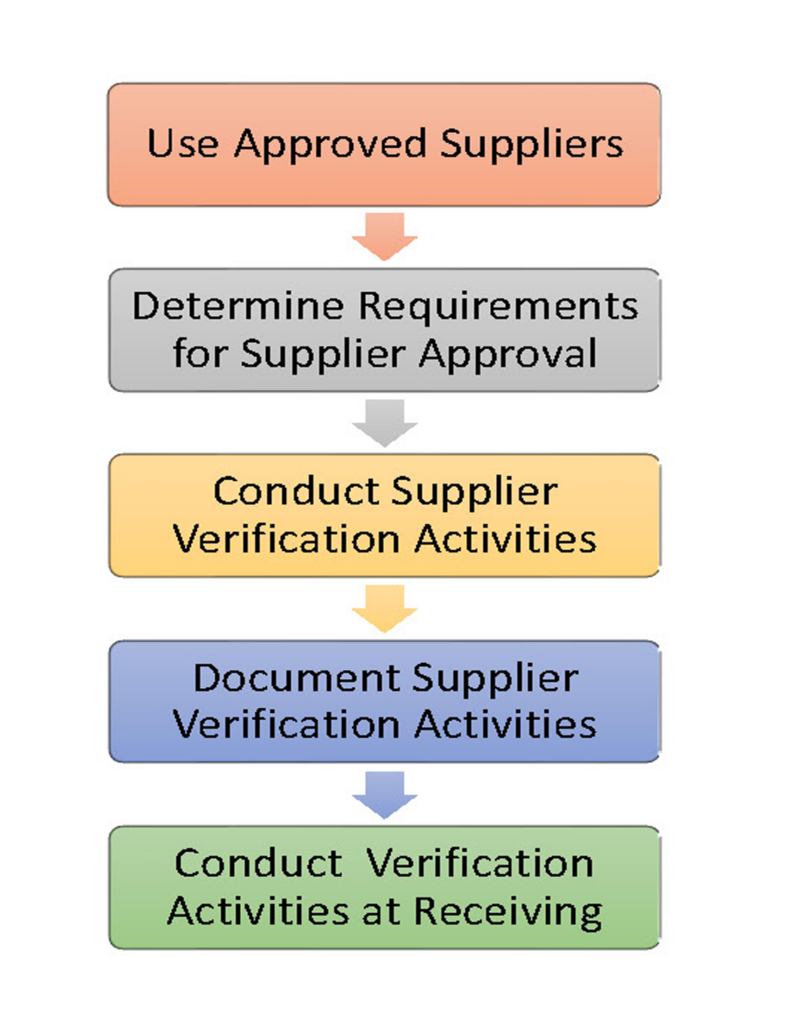
Virtual Educational Course
October 16 – October 17 UTC+5
Understanding the microorganisms that threaten Food Safety and cause food spoilage is fundamental to manufacturing safe and wholesome food products. Microorganisms are everywhere but how can they be controlled in a food production facility?
This course will cover the basics of food safety microbiology and arm you with the information you need to avoid microbial contamination and produce safe food products.
The course features an innovative format, with interactive discussions as well as “virtual lab” demonstrations of microbial detection methods.
Course Topics Include:
• Microbial Ecology: Food safety depends on knowing the conditions that encourage microbial growth and knowing how to keep pathogens out, kill them or keep them from growing.
• Food-borne Pathogens: An understanding of Salmonella, Listeria monocytogenes, Shiga toxin-producing E. coli (STEC) and other pathogens of concern can lead to better strategies for control.
• Indicator organisms: These nonpathogenic organisms are valuable verification tools for hygiene and process controls.
• Spoilage: Yeast and mold are major players in food spoilage. Knowing how to detect, identify and control them can extend shelf life.
• Sampling and Testing: Statistically representative sampling plans and standard methods of analysis are critical to obtaining credible data by which food safety decisions can be made.
• Current Food Safety Issues: Staying informed about foodborne illness outbreaks, recalls and regulations is essential to managing your Food Safety Plan.
For more information on Microbiology “101” training offered by Deibel Laboratories, please contact Sales at Sales@DeibelLabs.com (847-329-9900).



